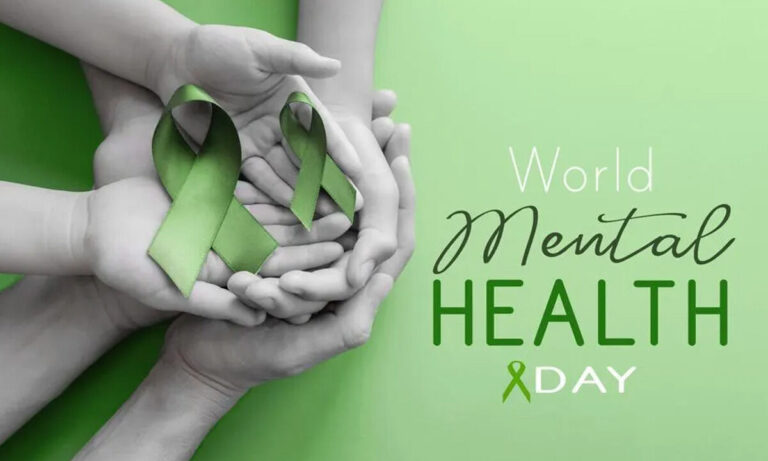World Mental Health Day, celebrated annually on October 10, was established by the World Federation for Mental Health (WFMH) in 1992. Over the years, it has become one of WFMH’s most impactful initiatives, dedicated to increasing awareness and to encourage positive progress in the field. mental health. This article explores the origins, significance and ways to commemorate World Mental Health Day.
World Mental Health Day: History
The roots of World Mental Health Day date back to the founding of the World Federation for Mental Health in 1948 in London. For over six decades, this organization has been at the forefront of promoting mental health awareness and education. One of its main annual activities is to select a theme for World Mental Health Day and create public educational materials related to that theme. These resources are made available to organizations around the world via website download and CD distribution, with translations into multiple languages.
World Mental Health Day 2023: importance
World Mental Health Day holds immense significance as it is the only global platform dedicated exclusively to raising awareness about mental health. The annual program was created to shed light on mental illness and its profound impact on people, their work, their families and the overall stability of communities and nations.
Emphasizes the need for ongoing, integrated care of the mind. It also highlights the importance of comprehensive support for people facing both long-term physical illnesses and associated mental health problems.
World Mental Health Day 2023 Theme
The theme for World Mental Health Day 2023, “Mental health is a universal human right,” was chosen in a global vote involving WFMH members, stakeholders and supporters. This theme is a powerful reminder of the fundamental nature of mental health in our lives and our societies. It draws attention to the fact that people with mental health problems and psychosocial disabilities often face higher rates of poor physical health and reduced life expectancy, as highlighted in previous reports from the High Office of the United Nations Commissioner for Human Rights.
Why is this topic important?
Discrimination, harmful stereotypes and stigma around mental health persist in various aspects of society, including the community, family, schools and workplaces.
These barriers hinder healthy relationships, social interactions, and inclusive environments that are essential to the well-being of all members of society.
Mental health must be firmly placed within the human rights framework, recognizing it as a fundamental human right. It is now the obligation and responsibility of the State and global organizations to guarantee access to mental health services, because access to better living conditions, security, food, Shelter and housing are essential to mental well-being.
How to celebrate World Mental Health Day?
1. Inform yourself and others. Take the time to educate yourself about mental health issues and encourage others to do the same. Knowledge is a powerful tool to end stigma.
2. Support mental health organizations Contribute to mental health advocacy by volunteering or donating to organizations working to improve mental health services and awareness.
3. Raise awareness Use your social media platforms to share information, resources and personal stories about mental health to reduce stigma.
4. Organize events Organize or participate in events such as seminars, workshops or art exhibitions within your community to promote discussions and expressions about mental health.
5. Prioritize self-care On World Mental Health Day, practice self-care and encourage others to do so. Participate in activities that promote well-being, such as meditation, exercise, or relaxation.
6. Reach out If you or someone you know is struggling with mental health issues, use this day to ask for help or offer support. Mental health professionals and counselors are available to help, and open conversations with loved ones can make a significant difference.
World Mental Health Day is a globally recognized occasion that reminds us of the universal right to mental health and the need for comprehensive care, while providing an opportunity for individuals and communities to come together to support mental well-being.
